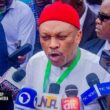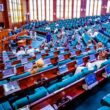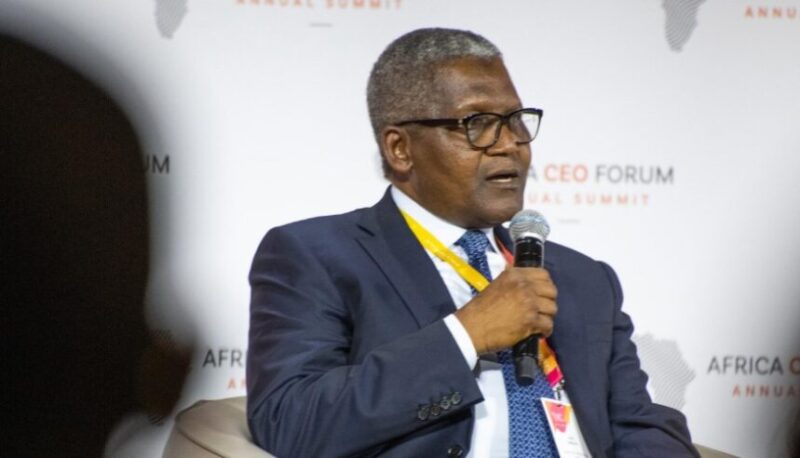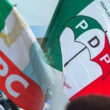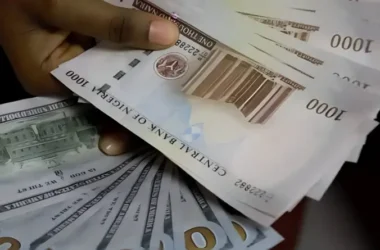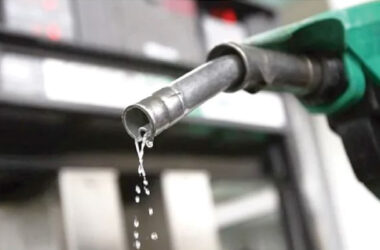The President of Dangote Group, Aliko Dangote, says his battle to protect Nigeria’s largest refinery from sabotage is far from over.
Speaking at an investor gathering in Lagos on Friday, Africa’s wealthiest businessman revealed that powerful individuals tied to the country’s old oil import system are still working behind the scenes to derail his $20 billion refinery project.
According to international media platform Semafor, Dangote noted that these groups, who profited for decades from government-backed fuel imports, are resisting efforts to reform Nigeria’s oil industry. He alleged that they are actively trying to stop the 650,000-barrel-per-day Dangote refinery in Lagos from operating smoothly.
“Those groups have funded resistance to the Bola Tinubu government’s removal of petrol subsidies and are opposed to the refinery operating easily in the country,” Dangote was quoted.
Despite these challenges, Dangote expressed strong confidence in overcoming the obstacles. “We’re fighting, and the fight is not yet finished. But I have been fighting all my life, and I am ready and 100 per cent sure I will win at the end of the day,” he stated.
This isn’t the first time Dangote has accused vested interests of trying to block the refinery’s progress. Over the past year, he has publicly called out international oil companies and regulators for actions he believes are designed to stifle competition. He claims some oil companies have denied his refinery access to domestic crude, despite Nigeria’s policy requiring local supply to such facilities.
Last June, Devakumar Edwin, Vice President of Oil and Gas at Dangote Industries, noted that the refinery was being forced to import crude oil from countries like the United States because local suppliers were setting prices above market rates. Edwin also accused the Nigerian Midstream and Downstream Petroleum Regulatory Authority of issuing licenses to import low-quality fuel, thereby undermining local refining efforts.
“The objective of the IOCs is to ensure that Nigeria remains a country that exports crude oil and imports refined petroleum products,” Edwin said. “They are keen on creating jobs and wealth in their countries, while making Nigeria depend on imported fuel.”
Despite these roadblocks, the Dangote refinery began producing petrol in September 2024, a development that helped reduce fuel prices in the country. Under a naira-for-crude policy approved by President Bola Tinubu, the refinery was able to buy local crude with Nigerian currency, cutting petrol prices from around N1,100 to N860 per litre. This price drop hit importers hard, many of whom now struggle to compete.
Independent Petroleum Marketers Association of Nigeria (IPMAN) expressed support for Dangote’s efforts. The group’s spokesman, Chinedu Ukadike, said competition is normal in any market and that Dangote’s reduced prices have benefited the public. “We independent marketers support him in all ramifications,” Ukadike said.
However, not everyone agrees with the confrontational approach. The Petroleum Products Retail Outlet Owners Association of Nigeria (PETROAN) believes that all players should be allowed to operate freely. PETROAN President Billy Gillis-Harry urged for healthy competition and noted that facts should support all claims of sabotage.
He called on the federal government to ensure an adequate supply of crude oil not only to Dangote’s refinery but to all upcoming facilities, so that the industry can stabilize and Nigerians can continue to enjoy the benefits of locally refined fuel.



